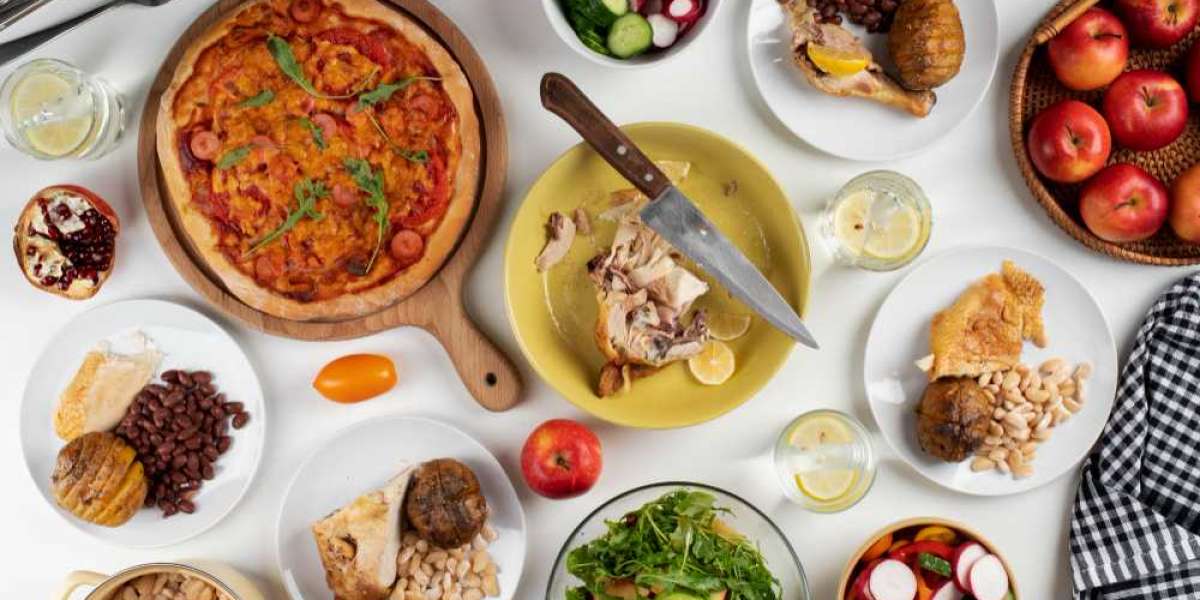The food and beverage (FB) industry is undergoing a massive transformation. Driven by shifting consumer preferences, sustainability concerns, and rapid technological advancements, this dynamic sector is redefining how we grow, produce, distribute, and consume food and drinks.
Whether you're a producer, supplier, distributor, or retailer, staying ahead of these changes is essential to remain competitive and relevant.
What Is the Food and Beverage Industry?
At its core, the FB industry encompasses all businesses involved in the processing, packaging, distribution, preparation, and service of food and drink products. This includes:
- Food manufacturing and processing
- Beverage production (alcoholic and non-alcoholic)
- Packaged goods
- Grocery retail
- Food service and hospitality (restaurants, cafes, catering)
- Distribution and cold chain logistics
It’s one of the largest global industries—touching every household, every day.
Key Trends Shaping the Food and Beverage Industry
1. Health-Conscious Consumers
Consumers today want more than just taste—they demand transparency, nutrition, and functionality. Healthier options, low-sugar products, plant-based alternatives, and clean-label ingredients are becoming standard expectations.
Examples:
- Plant-based meats and dairy
- Probiotic and gut-health beverages
- All-natural and organic snack foods
2. Sustainability Ethical Sourcing
Sustainability is no longer a trend—it’s a mandate. From eco-friendly packaging to ethical sourcing and waste reduction, FB brands are rethinking how their products impact the planet.
Popular moves include:
- Compostable or reusable packaging
- Carbon-neutral production
- Locally sourced ingredients
3. Technology Innovation
Food tech is changing everything—from vertical farming and lab-grown meat to AI-powered logistics and smart kitchen appliances.
Key technologies:
- Robotics in food processing
- Blockchain for traceability
- IoT-enabled cold chain monitoring
- AI in demand forecasting
4. Convenience On-Demand Culture
Consumers want quick, easy, and high-quality meals without compromise. This has led to a surge in:
- Meal kits and ready-to-eat products
- Ghost kitchens and virtual restaurants
- On-demand food delivery platforms
5. Global Flavors and Cultural Fusion
As global connectivity increases, so does the desire for diverse culinary experiences. Modern consumers seek bold, international flavors and fusion cuisine that brings multiple cultures to the same table.
Opportunities for Businesses in the FB Sector
Whether you're a startup or an established brand, there are growing opportunities to innovate and differentiate:
- New Product Development: Focus on health, sustainability, and taste.
- Supply Chain Optimization: Invest in cold chain logistics and smart tracking systems.
- Digital Transformation: Use data analytics to understand consumer behavior and improve forecasting.
- Brand Transparency: Clearly communicate sourcing, nutrition, and values.
- Strategic Partnerships: Collaborate with tech providers, delivery platforms, or local farms.
Challenges to Watch For
Like any industry, FB has its share of hurdles:
- Rising production and transportation costs
- Regulatory changes (especially around labeling and sustainability)
- Supply chain disruptions
- Food safety and compliance risks
- Shifting consumer loyalty
Proactive planning, technology integration, and constant innovation are essential to stay resilient.
Final Thoughts
The food and beverage industry is more than just meals and drinks—it’s a fast-moving, consumer-driven sector that mirrors society’s values, needs, and expectations. As health, sustainability, and convenie



